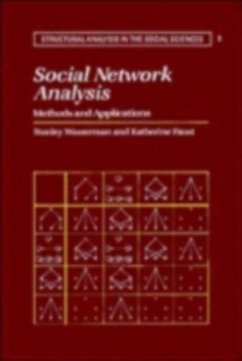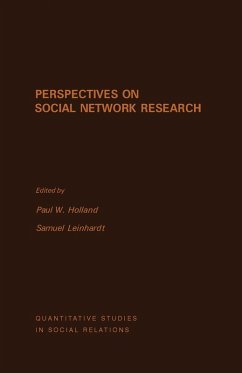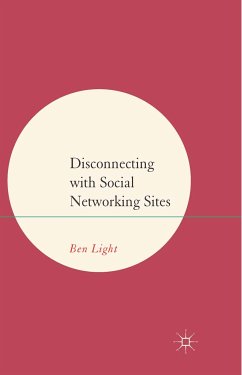
Social Influence Network Theory (eBook, PDF)
A Sociological Examination of Small Group Dynamics
Versandkostenfrei!
Sofort per Download lieferbar
22,95 €
inkl. MwSt.
Weitere Ausgaben:

PAYBACK Punkte
11 °P sammeln!
Social influence network theory presents a mathematical formalization of the social process of attitude changes that unfolds in a social network of interpersonal influences. This book brings the theory to bear on lines of research in the domain of small group dynamics concerned with changes of group members' positions on an issue, including the formation of consensus and of settled disagreement, via endogenous interpersonal influences, in which group members are responding to the displayed positions of the members of the group. Social influence network theory advances a dynamic social cognitio...
Social influence network theory presents a mathematical formalization of the social process of attitude changes that unfolds in a social network of interpersonal influences. This book brings the theory to bear on lines of research in the domain of small group dynamics concerned with changes of group members' positions on an issue, including the formation of consensus and of settled disagreement, via endogenous interpersonal influences, in which group members are responding to the displayed positions of the members of the group. Social influence network theory advances a dynamic social cognition mechanism, in which individuals are weighing and combining their own and others' positions on an issue in the revision of their own positions. The influence network construct of the theory is the social structure of the endogenous interpersonal influences that are involved in this mechanism. With this theory, the authors seek to lay the foundation for a better formal integration of classical and current lines of work on small groups in psychological and sociological social psychology.
Dieser Download kann aus rechtlichen Gründen nur mit Rechnungsadresse in A, B, BG, CY, CZ, D, DK, EW, E, FIN, F, GR, HR, H, IRL, I, LT, L, LR, M, NL, PL, P, R, S, SLO, SK ausgeliefert werden.













